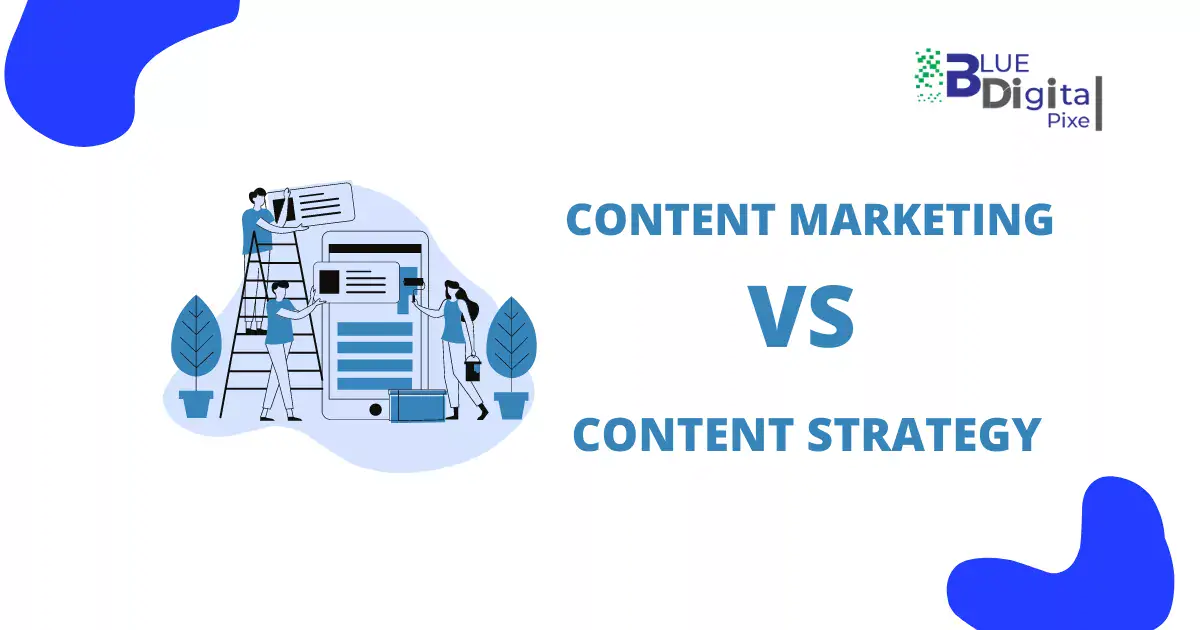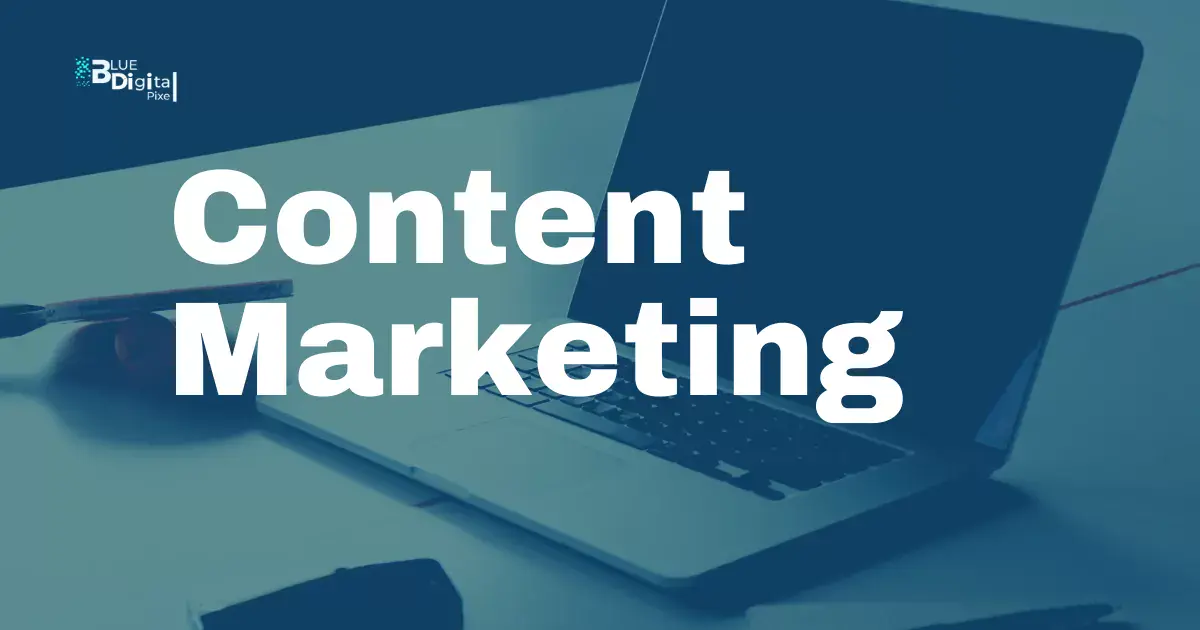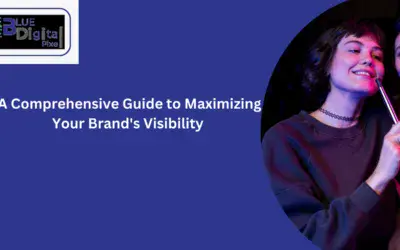Table of Contents
Content Marketing vs. Content Strategy: What’s the Difference?
Marketers are often confused about marketing versus content strategy. What is marketing? What is content marketing? Is marketing the same as content marketing? If you find yourself asking these questions, this blog post will help clear things up. First, we need to understand what they both are and what benefits they bring!
Content marketing includes all of the strategies relating to creating and distributing your content in order to grow your business, while content strategy focuses on how to use that content for growth. This blog post will help you understand the two terms and how they differ so you can apply them to your business effectively.
What Is Content Marketing?
Marketing is a strategy that involves marketing products, services, brands or causes. When you create content marketing strategies for your business, you are marketing your product with the ultimate goal of selling it to potential customers.
Content marketing includes all of the strategies relating to creating and distributing your content in order to grow your business—including blogging, email marketing campaigns, social media posts/content creation on various platforms (i.e., Facebook Business Page posts), videos on YouTube or Vimeo etc.
in order to promote awareness about yourself as an individual or brand/business owner. The purpose behind these types of marketing activities is typically growing one’s audience so they can sell directly through their own website by using methods such as affiliate links which earn the marketing affiliate commissions.
Benefits of Content Marketing
As marketing is promoting your product with the ultimate goal of selling it to potential customers, content marketing benefits businesses and brands by providing them with a way to inform and educate users about their products or services. Content marketing can help you in the following ways:
- Promote your company or individual product. This can create a sense of self-awareness that’s particularly crucial for those who are still developing their personal identity or brand/business owner. The data you receive from the content you produce gives you a much better understanding of exactly what customers want and love about your product or service.
- Develop trust from current customers so they will buy from you again in future transactions.
- Generate leads through email marketing campaigns which helps you connect with new audiences who may want to purchase your products/services at some point in the future.
- Increased sales by creating engaging content that grabs your target audience attention.
- Save money for your business through content marketing due to the fact that with all the technology and software out there it is not expensive to produce very high-quality content from videos, to written content it is all incredibly affordable.
- Customers with stronger brand/business loyalty.
- Educate your leads and prospects about the products and services you offer, content marketing is a great way to see your existing customer engagement to new products or services you are offering without investing large amounts of money into samples and surveys.
It’s important however not just to create any kind of content but rather useful or interesting information related specifically to your industry so it has the ability to impact customers on an emotional level—making them feel something that will stick in their minds long after they leave your site. By doing this, you may be able to build trust between yourself and potential customers over time eventually converting those visitors into paying clients!
Types of Content Marketing
Here are some of the most common types of content marketing to choose from if you want your business or organization’s message spread across social networks, blog posts and other digital media.
Videos
You might be wondering how to best get your message out there. Social media is one place where people are always on the go as it’s free to use and you can get large amounts of organic traffic especially with platforms like Tik Tok emerging, so why not use them?
All over the video marketing can be extremely easy to scale therefore it boosts conversions by improving ROI. Videos also build relationships with audiences members! Increasing your average playtime can dramatically increase organic reach! Share videos across different social channels or on co-marketers websites for maximum exposure.
Blog Content
A blog can be a great marketing tool to learn about your industry, customers and the latest trends. It’s also an excellent way of getting traffic back to your website as well as keeping existing visitors on-site longer so they spend more time interacting with you! Blogs also cater to people who engage in reading (yes there are still people out there who prefer reading over scrolling on social media)
Infographics & Images
Everyone loves visual content, right? Infographics are a great marketing tool because they not only look amazing but can be used across all social media platforms to help you get your message out there.
E-books & Whitepapers
There are lots of marketing experts and companies who swear by their marketing e-books or whitepapers which is a fantastic way of showing customers what’s next in the industry. This is underrated content as not only does it build brand credibility you can also charge a small fee for each E-book with the ability to easily scale!
Newsletters & Email
An email marketing list is a valuable asset to any business and can be one of the most cost-effective ways to spread your marketing message. Sending out regular emails helps you stay in touch with customers so they know who you are and what products or services you offer. Customers will always appreciate it if brands keep them in the loop!
Podcasts
Podcasts have been increasing in popularity in the past 5 years, they are a great marketing tool as people love to listen to content rather than read it! Podcasts are just like video marketing but the only difference is that they’re audio-based, great for people who want to consume your content on the go.
What Is Content Strategy?
The content marketing strategy itself does not include any of these activities, but rather focuses on how to use that content for growth.
Content strategy is defined as having a specific goal or focus when it pertains to using the content you’ve already created (i.e., blog posts, social media updates/posts). A few examples would be: How will your company best utilize its existing assets in order to achieve business goals?
What are those goals exactly and what do they entail? Another example might be focusing more on how-to articles within your industry so customers can better understand their problem(s) and find value in your products or services by being able to solve them with the information you’re providing.
In marketing, content is not always king—and it can often be difficult to plan and implement a marketing campaign without a clear understanding of your audience or what they want/need from you as a business owner. The content strategy allows marketers to better understand their audiences so that they can use existing assets more effectively in order to achieve specific goals!
And if those strategies aren’t being used by top brands today, soon enough everyone will have access to them as well. In marketing, content isn’t always “king” – content strategy helps marketers better understand their audiences so that they can utilize existing assets more effectively towards achieving specific goals. If these types of marketing activities are being utilized now by some of the top brands, soon enough everyone will have access to them as well.
Benefits of Content Marketing
The good news is, content strategy creation can be easy. A strong strategic plan will improve every aspect of your company’s marketing efforts and make life easier for everyone involved in this process! You’ll have more successful campaigns with higher conversion rates. There are some benefits of why you should take the time to develop one:
- A good strategy helps provide focus so we can brainstorm better ideas, refine our messaging & create cohesive content which really moves people around us. You should be able to tell your brand story. Anything that doesn’t resonate with the larger vision isn’t worth doing, as it will just feel like busy work and do nothing for you in terms of achieving goals. A good strategy helps provide focus so we can brainstorm better ideas, refine our messaging & create cohesive content which really moves people around us.
- Publishing quality content is hard. With an effective content strategy, you can avoid the hassle of constantly re-writing your posts and make them more interesting for readers while still getting them out there!
- Content strategy is the key to delivering a cohesive message. A one-off piece or scattered effort will never compare with well discussed and thought out content that has been planned and thoughtfully created for your target audience by someone who knows them well as you do!
- Content strategy is simply crucial for scaling your business A content strategy is a great way to improve your results and help you allocate resources more efficiently. You’ll be able to spot ways that work for production, finding every last ounce of value in what little manpower or budget we have available with pinpoint accuracy!
What Are the Differences Between Content Marketing And Content Strategy?
Content marketing and content strategy complement each other perfectly. But they’re not the same thing, which is why you should know about their differences before committing either one exclusively to your social media efforts!
There’s a lot of confusion surrounding these two terms in particular–so we’ve pulled together some key points for clarification:
Research Techniques -> Different Methods Of Research
Marketing and content strategists use research to do their jobs. But the types of research that these functions pursue differ in nature, with marketing relying more heavily on deductive reasoning – studying trends at a high level- while creativity specialists rely upon inductive reasoning;
This is the second category. It emphasizes gathering, investigating, summarizing, and summarizing again in order to reach a more generalized conclusion.
Dual research perspectives are important for minimizing risks and potential room for error. Dual inductive, deductive help ensure that organizations’ bases in reaching audiences with relevant information at the moment when they need it most!
Analytically Vs Aspirational Marketing
Content strategists are responsible for crafting the human-centric, creative aspects of marketing campaigns. This involves using logic to plan out how best to reach an audience and keeping track of data points like demographics or psychographics in order to create compelling content that will appeal to different groups
Creative marketers must work with both creatives (such as graphic designers) and logical thinkers who can provide insights into metrics such as ROI analysis or what kind of ads perform well online; at times demand generation managers need this type of input too if they’re looking specifically toward sales conversions rather than just awareness.
Analysts and marketing professionals must be able to work in tandem with each other. They need both inductive-deductive reasoning, so they can understand the most important aspects of marketing research and ensure that their efforts are optimized for success every step of the way!
Execution
A major difference between the two is in their marketing strategies’ execution. Marketing professionals are responsible for maximizing exposure; content strategists, on the other hand, focus more heavily on engagement and interaction with audiences to create lasting relationships that lead to long-term success
Marketing is concerned primarily with awareness while content marketing is aimed at inspiring action in consumers after they’ve been exposed through marketing campaigns. This can be anything from signing up for a marketing newsletter to purchasing the product.
Execution is crucial in any marketing campaign, but this dynamic between marketing and content strategy takes on added significance when it comes to scaling your business!
For example, let’s say you run an eCommerce store selling high-end luggage. You’ve crafted some marketing materials that have really resonated with your target audience, but you’ve been struggling to get people to actually make a purchase after they come in contact with the marketing content. In this case, you might want to take a closer look at what kind of content marketing strategy is being used and whether or not it’s optimized for creating an action-oriented marketing plan.
Conclusion
It’s no secret that content and marketing strategists work well together. Planning effective, cohesive campaigns takes a team effort to make sure both sides have their needs met- from the strategist who creates an engaging narrative for your campaign by bringing in various perspectives or expertise as needed; all while providing support with bolsters from either side! They are both as important as each other and will both be paired together in marketing for many years to come!
Bluedigital Pixel is the Award Wining Digital Marketing Agency . if you Looking for the Best SEO Company your at the Right Place Feel Free to Contact us or Follow us on Facebook







0 Comments